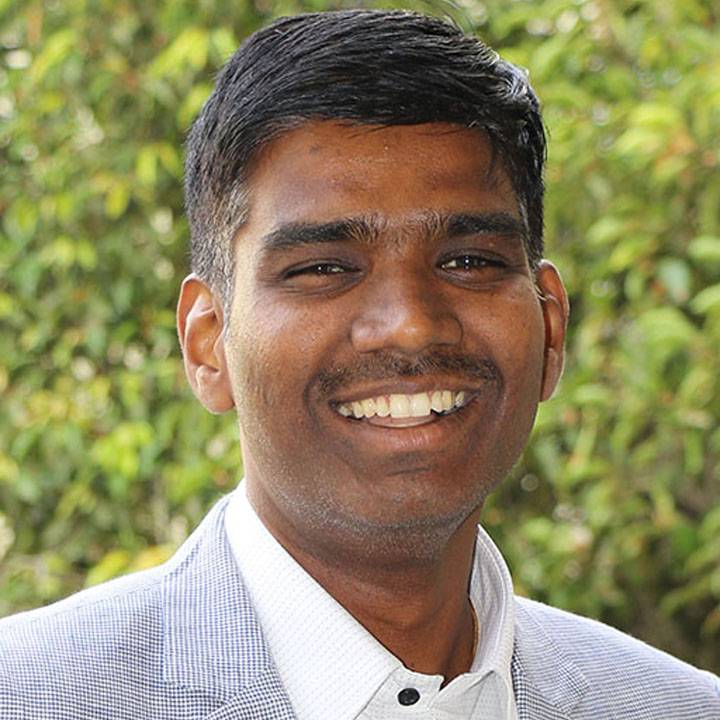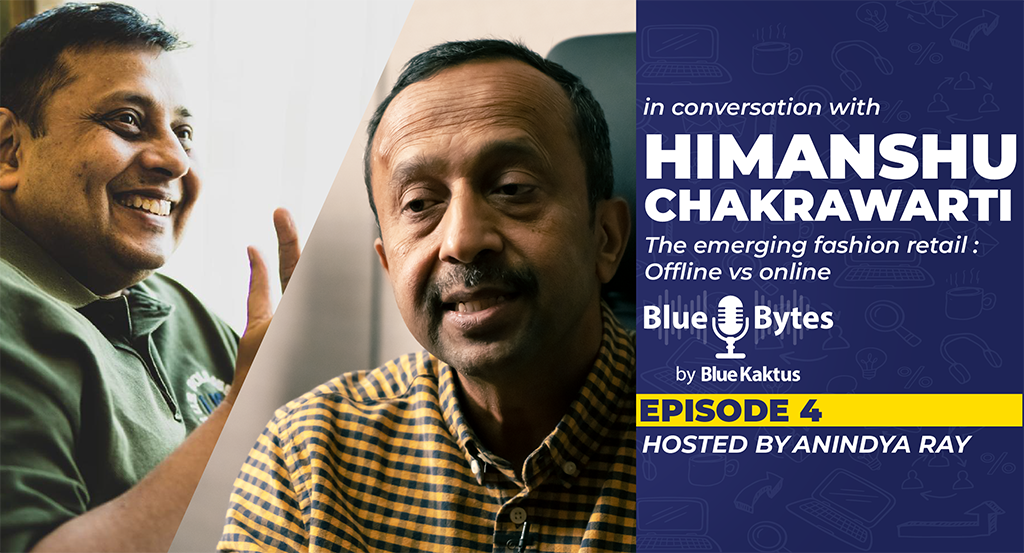What is Procrastination?
"the act of putting off doing something that you should do till another day or time because you do not want to do it". This is the general definition. In the article, we will understand more about how to use this wisely in detail about this word."
TIME
It remains one of the great mysteries of the universe. One way to think about time is to imagine a world without time. There could be no movement because time and movement cannot be separated.
Time is the one thing Humans keep running after. Today we have lots of proven data, studies, and papers on time management and yet we feel like we are always behind what we are intended for. "I feel like at my age, I'm so far behind and need to be insanely productive every single day" is a phrase that we constantly hear nowadays.
I take this opportunity to thank Mr. Anindya Ray who insisted I review this video to understand more about time & Mr.Rory Varden who taught this nice view about how to multiply your TIME in a much simpler & practical manner. I am sure that most of you would have watched this before & you would have shared this with many of them. However, for everyone's easy reference here have attached his video link below.
Today we have so much more knowledge on time management and yet
Are you someone who feels stressed out all the time?
Are you someone struggling to catch up?
Are you someone trying to figure out what time management is or the best way to manage time?
Then, this article has a cumulative view for you. The simple and forward answer to these questions is "All our knowledge on time management is not exactly right, because one can never manage time, one can only manage oneself".To understand the depth of the above answer we must realize two important factors.
FIRST REALIZATION:
EMOTION
It makes sense why so many of us are feeling like we're falling behind. Because everything we know about time management is all logical and not emotional. Our feelings of guilt, fear, worry, anxiety, and frustration decide how we choose to spend our time as much as whatever it is on our to-do list.
"As a Father, though I love my job and understand the need to work overtime to catch up with my to-do calendar, I would never miss a day and time out with my 2 1/2-years-old daughter.
That is emotion over logic, though I know that a day out with my daughter is as important to me as a presentation that is due, I would always pick that over my job. It may not be a regular thing to do so, it may not be a priority for many, but still, I will choose to do it due to the fact I am emotionally connected with my daughter... Hope this fact made us realize that emotion should be a factor to consider in time management.
SIGNIFICANCE
To understand the second factor let us take a trip down history. Initially, time management was unidimensional, it was all about efficiency. We concluded that if we could do a lot of work in a given period or do things faster than others, we could manage time. But the major limitation to this conclusion is that we always had tasks to do, we always felt like we missed out on important tasks and we always felt left behind even when we are efficient.
This was later addressed well by Dr. Stephen Covey who argued that time management was two-dimensional and came up with the "Time Management Matrix". This matrix was all about classifying our tasks based on importance and urgency.
I have covered this topic in my previous article named Time - the Treasure. Below link to refresh
https://insideapparel.net/blog/time-the-treasure-master-your-time-and -master-your-life/.
Through this method of time management, we made sure that we did the right tasks at the right time with the right amount of effort. But yet again this matrix also has a limitation as it did not address significance.
To understand the importance of significance through an example, Samantha is a perfectionist and she is planning to launch her fashion brand. She starts documenting her business plan immediately thinking that it is the first and most important task on her to-do list (addresses urgent and important factors in the Time Management Matrix). After tedious detailed planning, she launched her brand. But after the launch, looking back she realized that she has spent most of her time on planning, detailing, and documenting rather than experiencing the practical difficulties that arise. She realized that she could have learned things far better and faster through experience over some time rather than over planning. Sure planning is important but how long is it important? Minute-by-minute we all believe we are performing urgent important tasks. As the days pass we look back at our results and we understand how 'insignificant' many of those tasks were.
Through this, we realize that time is three-dimensional according to time multipliers.
How urgent do we need to perform a task?
How much important is the task?
How long does the task remain urgent and important, How significant is the task?
FOCUS FUNNEL
Now that we have realized that emotions and significance are a part of time management, it is safe to say that time management is about "thinking for tomorrow." It is about the emotional permission to spend time on tasks today to create more time tomorrow which is the
significance calculation.
The focus funnel depicted by Rory Vaden on How to multiply time is an attempt to visually understand the above statement. He claims that this method is how few people could achieve wonders in their life and could multiply time rather than just manage time.
Placing all tasks on the top of a funnel, the first question a time multiplier asks is "Can I eliminate this task?" This proves that our general practice of knowing and understanding what to do has evolved and time multipliers today claim time management has much more to do with what
you don't do than what you do do. Because anything that we say no to today creates more time for us tomorrow.
If the task cannot be eliminated then the next question is "Can I automate it?" Anything that we create a process for today creates more time for tomorrow.
"I have never tried the auto-reply option before but after a talk with a time multiplier, I understood that I have spent countless minutes opening, reading, and replying to common emails which could be
avoided. It's a one-time "time investment" I set up an auto-response to common mails and now life is easier and I have got more time to do other tasks"
If it can't be automated can it be delegated? Anything, where we invest time in teaching others to do a task, creates more time for us tomorrow. The common issue with delegation is the feeling that the other person will not perform the task as well as you but giving them time to repeat the
the task will result in them learning to perfect the task as you do.
"I used to fold all the clothes myself because I hate the way my husband does it. But later when I was out of town my husband had to do the chore himself. After my return, I was pleasantly surprised by the way he folded the clothes perfectly. When asked, 'I did it every day, and each time I got better and now I perfected it just like you' was his answer.
"If the task cannot be delegated then the task now falls at the bottom of the funnel and at this point, the only question is "Should I do the task now or later?" If the answer is Now, then it's time to concentrate, focus and complete the task but if the answer is later then it's time to procrastinate on purpose. We are not going to procrastinate forever, the task will pop to the top of the funnel again until the task eventually falls under eliminate, automate, delegate, or now category.
CONCLUSION
There is an invaluable difference between procrastinating on purpose and procrastinating in general.
Waiting to do things that need to be done because we don't feel like doing it is procrastination but waiting to do things because we are deciding now is not the right time to do it is procrastination on purpose which is the virtue of success.
Procrastination is patience to put off insignificant things like checking the mail 24/7 and emotionally allowing yourself to do things today that create more time tomorrow. Whether you're an entrepreneur, student, or busy professional, there's something in this talk for everyone who wants to achieve more while working less. I conclude by encouraging the audience to adopt a mindset of "Time -Multiply and fruitful".
RELATED TOPICS:#NA







0 Comments